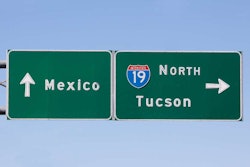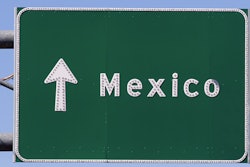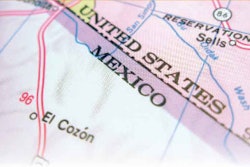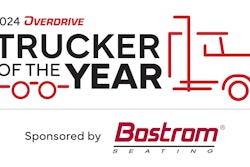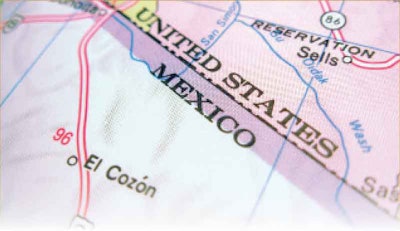
The Trump Administration and a broad set of stakeholders across multiple industries, including transportation, are engaged in meetings to try to hammer out a new version of the 23-year-old agreement between the U.S., Canada and Mexico.
The so-called NAFTA 2.0 negotiations are taking place as closed-door meetings and no documents from the meetings have been made public. Stakeholders involved in the negotiations are also forbidden from disclosing details.
Dolan, a legislative representative for the Teamsters Union and a member of the U.S. negotiation team, says reforms to the cross-border program have been proposed for NAFTA 2.0. He says he’s not free to discuss the reforms, but their purpose is to give Congress and the DOT “space to continue to regulate cross-border truck operations in a way that safeguards highway safety.”
Dolan said the cross-border stipulations and the renegotiations as a whole are meant to “modernize” the trade deal and its provisions. Though the Trump Administration inherited the ability to fast-track international trade deals in Congress, the implementation of NAFTA 2.0 still needs to clear prominent hurdles before being adopted. The likely toughest component to completing the deal, says Dolan, is getting the three nations to agree. After that, the deal must be approved by Congress and signed by the president.
The Teamsters have been an outspoken critic of the original cross-border trucking program required by NAFTA. The Owner-Operator Independent Drivers Association has also opposed the program, joining the Teamsters more than once in court challenges against it.
The agreement, which was approved by Congress and signed by President Bill Clinton in 1994, required the DOT to institute a cross-border trucking pilot program and, eventually, open the border to all Mexican carriers who obtain operating authority with the U.S. DOT. Mexican-domiciled carriers under the NAFTA-required program must complete all the necessary tests and compliance reviews required of U.S. carriers before receiving authority.
The U.S. DOT, after a three-year pilot program held between 2011 and 2014, announced in January 2015 it had opened the authority application process to all Mexican carriers. The Teamsters filed a lawsuit attempting to block the DOT’s move, arguing the Federal Motor Carrier Safety Administration failed to collect enough inspection data from the Mexican carriers in the pilot program to make a determination about expanding the program. OOIDA joined the suit as an intervenor.
However, a court ruled in June 2016 in favor of the DOT, upholding the cross-border program.
The 2011-2014 pilot program failed to generate much participation, according to a 2014-issued report from the DOT’s Office of Inspector General. FMCSA had said it would need 46 carriers to participate to accurately gauge the safety of Mexican carriers. Only 13 carriers participated. Additionally, 90 percent of border crossings made by Mexican carriers were from only two of those carriers, and 80 percent of inspections conducted during the program were of those two carriers.


